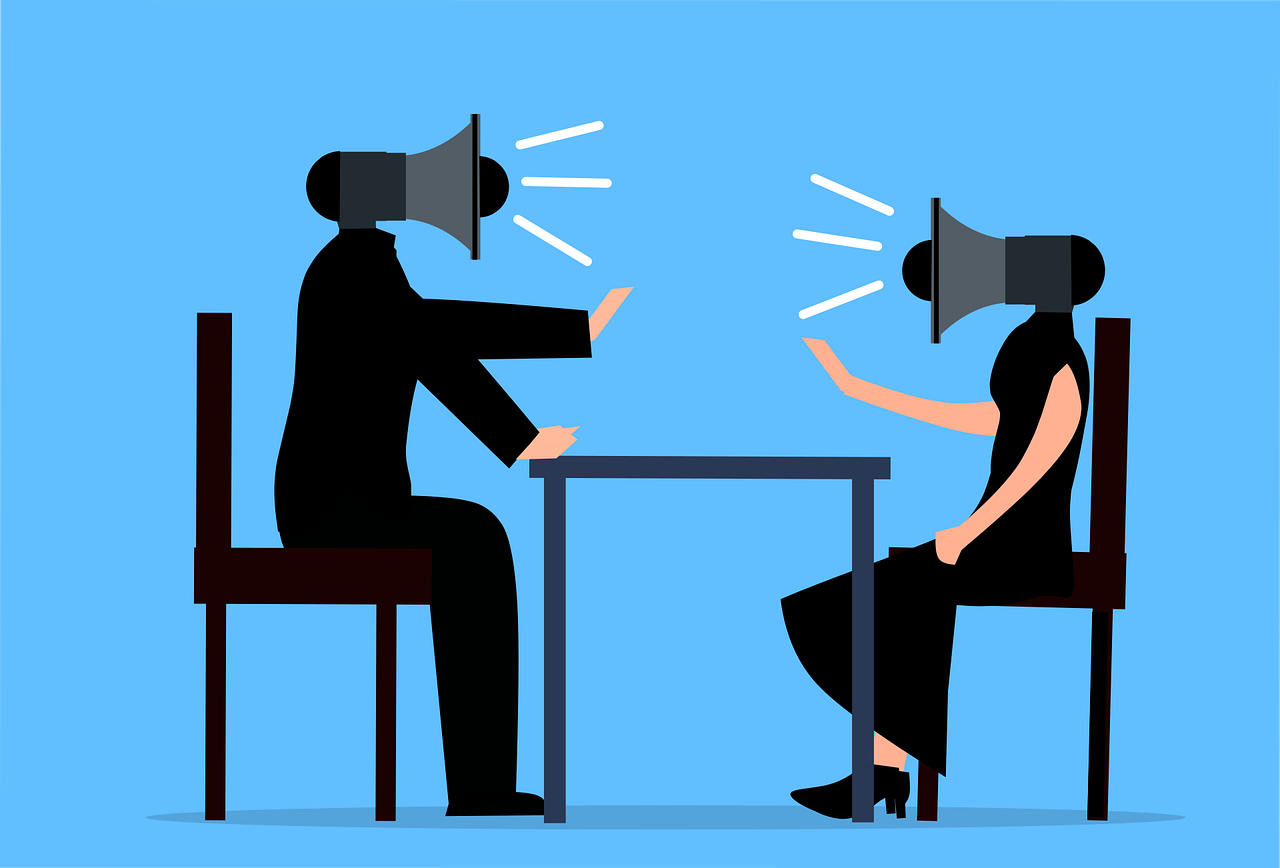
Mastering Conflict Resolution: Strategies to Overcome Avoidance and Improve Effectiveness
Introduction 2
Embrace Conflict as an Opportunity 3
Develop Effective Communication Skills 5
Seek Common Ground 7
Practice Empathy and Perspective-Taking 9
Manage Emotions 11
Focus on Solutions, Not Blame 13
Seek Mediation or Professional Help 15
Practice Assertiveness 17
Reflect and Learn from Past Conflicts 19
Build Emotional Intelligence 21
Practice Constructive Feedback 23
Set Boundaries 25
Practice Conflict Resolution Techniques 27
Seek Continuous Growth and Learning 29
Celebrate Successes 31
Conclusion 33
Listen to the Audio Book taster HERE
Introduction
Conflict is an inevitable part of human interaction, and how we handle it can greatly impact our relationships, personal growth, and overall well-being. Some individuals may find themselves avoiding conflict altogether, while others struggle to handle it effectively, leading to unresolved issues and strained relationships. However, conflict resolution is a skill that can be developed and improved upon with practice and a willingness to grow. In this article, we will explore strategies to help individuals overcome their avoidance of conflict and enhance their ability to handle it effectively, fostering healthier and more productive interactions.
Embrace Conflict as an Opportunity
Conflict, the mere thought of it can send shivers down the spine of even the bravest of individuals. Many of us instinctively shy away from it, opting for the perceived peace that avoidance brings. However, as intimidating as conflict may seem, it's vital to understand that it can act as a catalyst for positive change and personal growth. Embracing conflict rather than avoiding it, can be transformative, not just in the resolution of issues, but in the strengthening of our character and relationships.
Imagine you're at your workplace, a setting where diverse personalities and competing interests can often result in conflict. Let's consider a scenario where you disagree with a colleague over how to approach a certain project. The typical response might be to avoid confrontation, perhaps by acquiescing to their plan even if you believe it's not the best course of action. But let's look at it from the perspective of embracing conflict as an opportunity.
Instead of letting the disagreement pass, you could choose to voice your concerns. By doing so, you would not only be creating a chance to propose your ideas, but you would also open a dialogue for better understanding between you and your colleague. You may find that the clash of ideas can result in an innovative solution that neither of you would have reached individually.
On a personal level, let's consider a scenario involving family or friends. It's common to avoid disagreements in such settings for fear of straining relationships. But, when you choose to see conflict as an opportunity, these disagreements can be platforms for deep, meaningful discussions. Say, you're facing differing opinions on how to manage shared responsibilities at home. By addressing the issue instead of avoiding it, you invite a conversation that can lead to mutual understanding, compromise, and ultimately a better relationship.
Additionally, embracing conflict can be a pathway to self-improvement. It encourages you to question your assumptions, refine your negotiation skills, and develop empathy. It presents opportunities for introspection and personal growth that are often missed when we choose avoidance.
In the context of a community or society, embracing conflict could mean engaging in civil discourse about controversial topics instead of avoiding them. This could lead to a collective understanding and resolution that respects diverse perspectives, fostering unity and progressive change.
By perceiving conflict as an opportunity rather than a threat, we change the narrative. Instead of a battle to be avoided, it becomes a challenge to be met, an opportunity for dialogue, understanding, and growth. The proactive approach to conflict turns it into a vehicle for positive change, enriching our relationships, personal development, and societal progress. The first step is to shift our mindset, the rest is all about putting it into practice.
Develop Effective Communication Skills
Effective communication is crucial for resolving conflicts. When it comes to mastering conflict resolution, developing effective communication skills is of utmost importance. These skills not only help individuals overcome avoidance but also improve their overall effectiveness in dealing with various situations.
One practical example of utilizing effective communication skills in day-to-day life is during conversations with family members or close friends. Let's say you have a fear of confrontations, and in the past, you would avoid discussing sensitive topics to prevent conflict. However, by implementing the strategies of effective communication, you can address these concerns in a respectful and constructive manner.
Active listening plays a significant role in effective communication. It involves giving your full attention to the speaker, maintaining eye contact, and avoiding distractions. By actively listening, you demonstrate your willingness to understand the other person's perspective. For instance………………..
Listen to the Audio Book taster HERE
Read the rest of this and other “Coping Strategy Handbooks” & their associated “Audio Books” in the Members area HERE